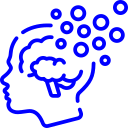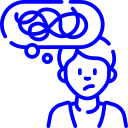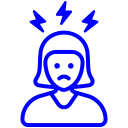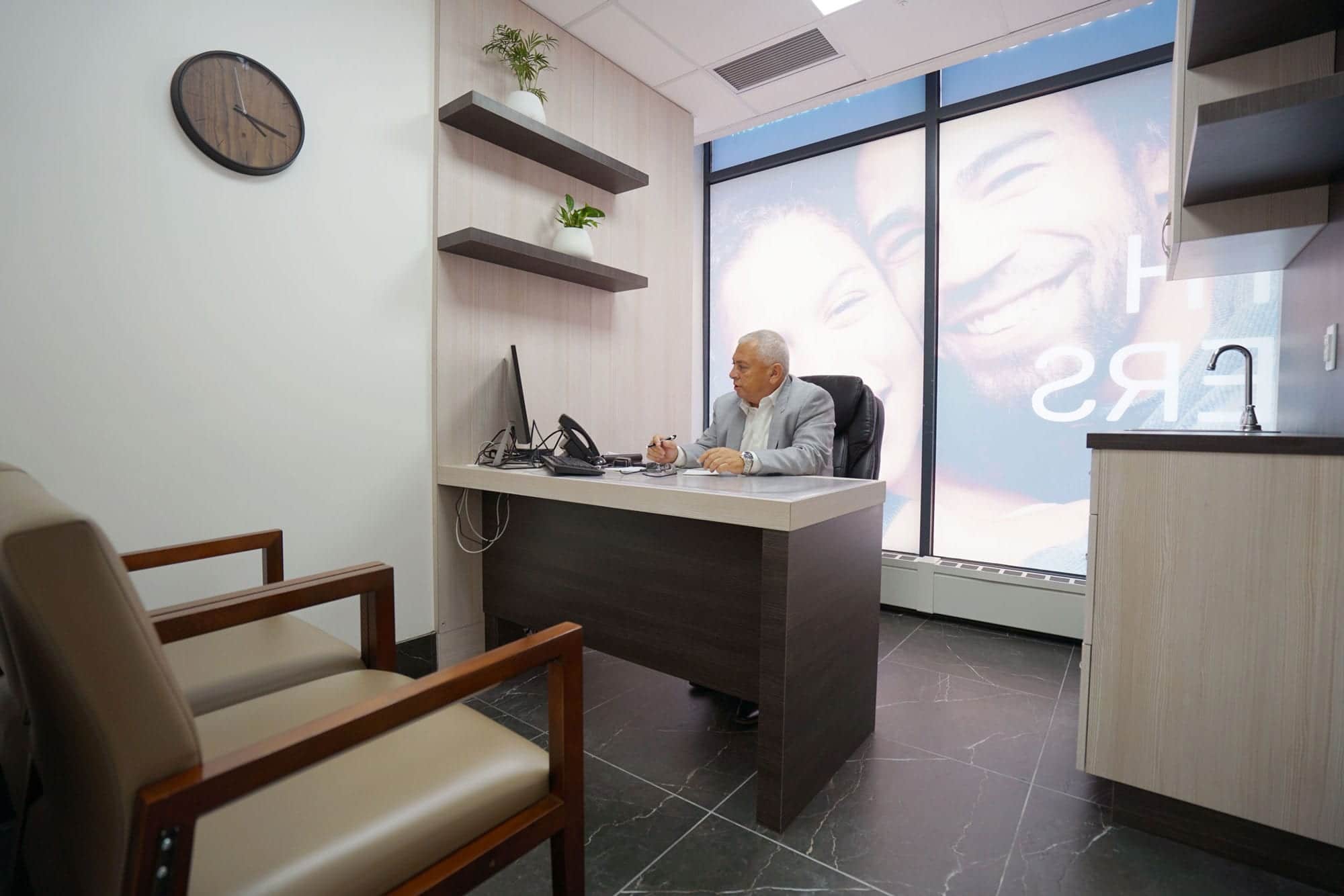A less severe form of depression, which is persistent for years is known as dysthymia. Although it is a serious condition, dysthymia is a serious condition that can be treated and managed. Early detection and medical intervention is effective in reducing the severity and duration of symptoms. Women are twice as likely as males to experience dysthymia. Bipolar disorder or depression may also be present.
An adult must experience a depressive mood for at least two years in order to be diagnosed with this illness. People with dysthymia frequently do not seek care because they have grown accustomed to the mild depression symptoms. The goal of treatment for dysthymia is to alter skewed perceptions, identify and manage stressors, and improve interaction abilities.








